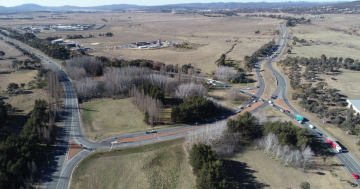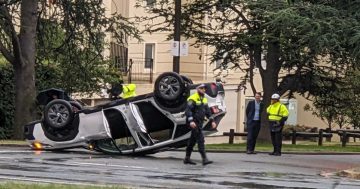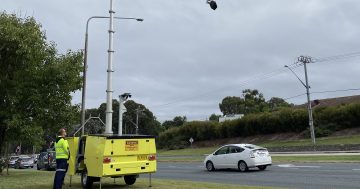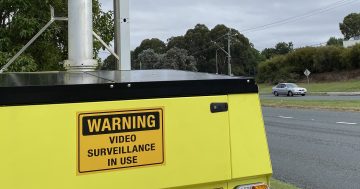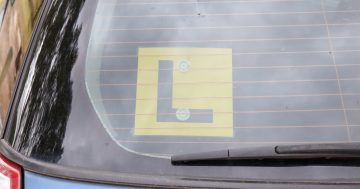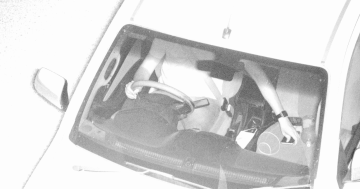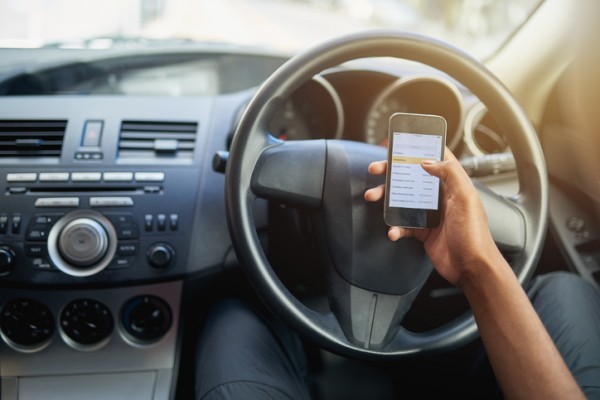
Is technology the biggest danger on the roads? Photo: File.
P-platers often get a bad rap when it comes to road accidents and risky driving behaviour. The common assumption is that, once driving on their own, these primarily young drivers are more likely to undertake risky driving behaviours and cause accidents.
Interestingly, the evidence doesn’t actually back that up – in fact, the age group most likely to be involved in a road accident is actually 40 to 59, according to national crash data. It’s worth noting that this is also the biggest age category, so it makes sense that there would be more incidents noted.
Recently I’ve had the pleasure of being driven by my niece, a learner driver. I also have friends with teenagers who are starting to drive now, and we were chatting about our experiences. We all agreed – they drove so well, we actually forgot we were with learner drivers half the time (I wasn’t supervising, don’t worry).
I remember learning to drive, and watching my mum’s hands clench the passenger door as if she was fearing for her life. She did her very best, but eventually handed me to a driving instructor, which was probably for the best.
When I got my Ps, I was super keen to be out and driving straight away but, to be completely honest, I probably had more faith in my ability than evidence suggested I should have. Plenty of carpark scrapes occurred in that first year.
If my niece and others in my circle are anything to go by, we can look forward to plenty of smart, calm and focused drivers coming through and onto the roads.
But, ultimately, the biggest danger facing them and us all is technology.
When I was learning to drive and first hitting the roads, I didn’t have the added pressure of ignoring my phone or smart watch while I drove. I had a 1995 Ford Mondeo with a portable CD player I installed and, aside from fiddling with the aircon and skipping the occasional song, my hands were on the wheel.
These days, the temptation to check my phone is always there when driving, and I can imagine it’s worse for young people.
Unfortunately, I don’t think we’ve found a viable and effective deterrence method. Mobile phone use detection cameras are still not ubiquitous enough to really make a dent when it comes to the use of devices while driving and, other than that, there are few opportunities to find and fine drivers for using their phones.
It only takes a few seconds of distraction for an accident to occur, and steering while glancing at a phone is never a good combination.
I’d love to see more direct education about the dangers of mobile phone use, but also solutions to make it easier to police and deter.
During this holiday period, I’m on high alert while driving, partly because I am always stressed driving between Canberra and the coast over Christmas, and partly because I am heavily pregnant and feel like I need to pay extra attention because of the descending brain fog that I’m experiencing.
I’ll be putting the phone in the backseat so I can’t be tempted.












